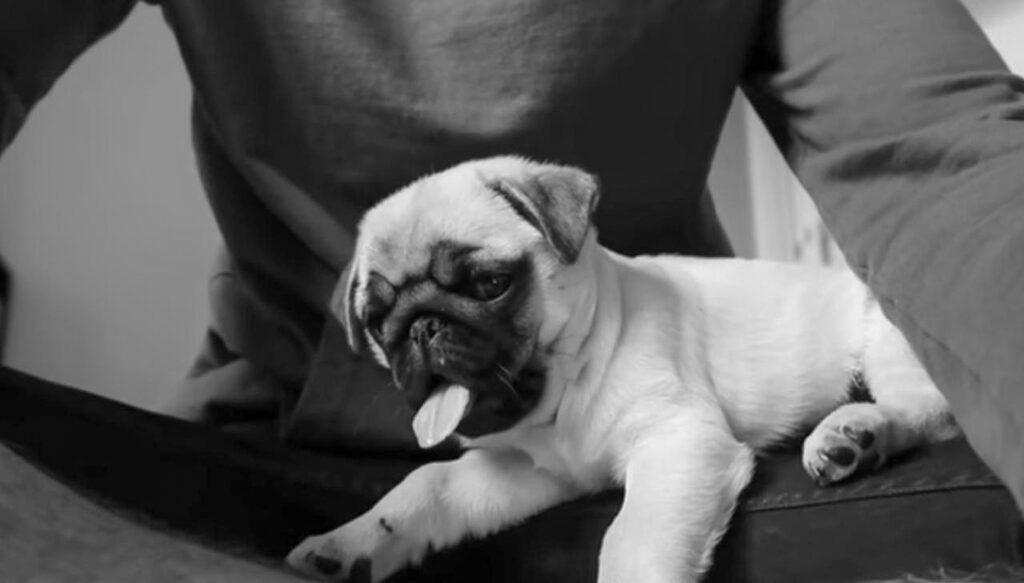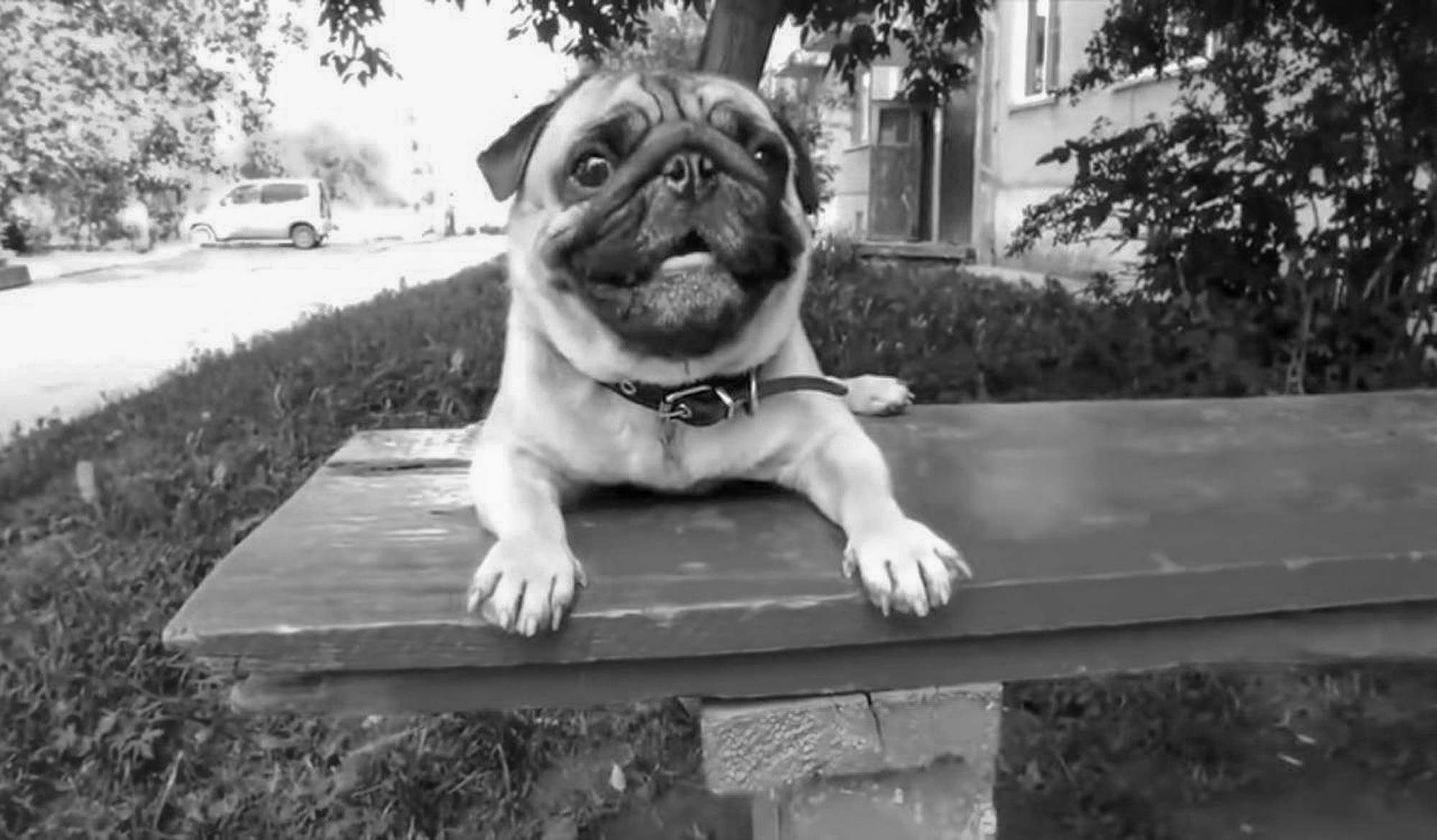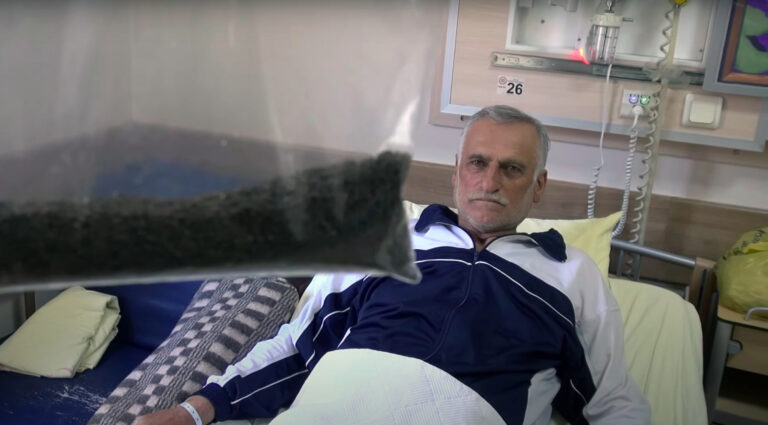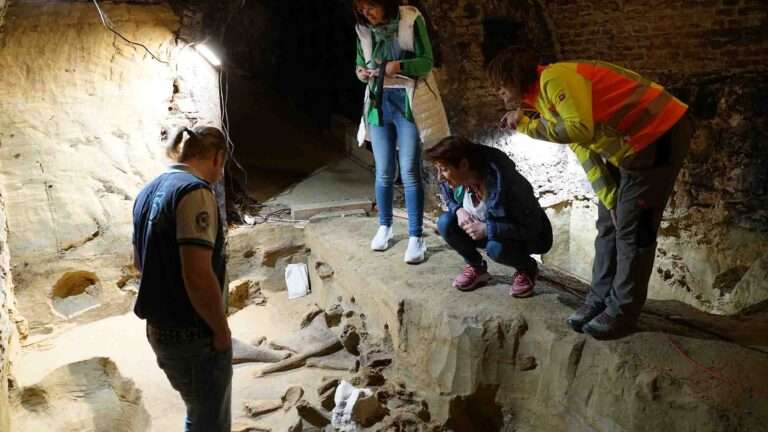An Israeli council has approved the use of DNA testing on dog poo to track down and punish pet owners who fail to clean up behind their four-legged friends.
All dogs will have their genetic fingerprints taken, and guilty hounds will be tracked down and their owners punished every time an offence is identified.
The Tel Aviv Municipality rubber-stamped the use of DNA testing on dog faeces on Monday.
Under the new regulations, the Israeli city will set up a database of saliva samples from pets brought in for their yearly rabies inoculation.
Meanwhile, any unwanted dog mess on the street will be referred to the new DNA database and the owner of the registered pet will receive a fine as well as paying the testing costs.
According to local media, Tel Aviv has over 40,000 homes with pet dogs and an estimated one in 11 residents own a canine, giving the city one of the highest dog-to-person rations in the world.

The local authorities said that an average of 500 kilogrammes (1,100 lbs) of dog poo from public spots every month.
Tel Aviv City Hall launched a ‘cash your dog’ campaign in April to call on owners to keep an eye on their pets after a surge in residents’ complaints about the amount of dog faeces in public in 2020.
At the time, over 3,500 fines were issued to offending dog owners.
The local authorities also identified the city’s most problematic neighbourhoods and implemented an educational programme to teach owners there how to properly dispose of dog poo and how to incentivise good behaviour.
However clearly all of these measures have not yet been enough, as last resort they have now opted to DNA to track down and penalise the guilty pooch owners.
To find out more about the author, editor or agency that supplied this story – please click below.
Story By: Lee Bullen, Sub-Editor: James King, Agency: Newsflash
The Ananova page is created by and dedicated to professional, independent freelance journalists. It is a place for us to showcase our work. When our news is sold to our media partners, we will include the link here.




